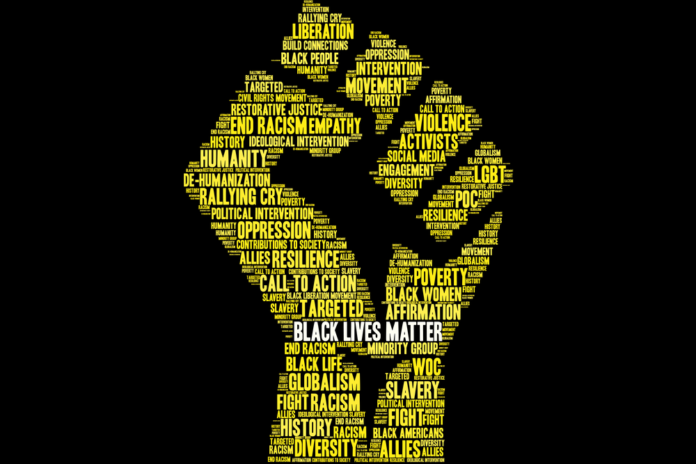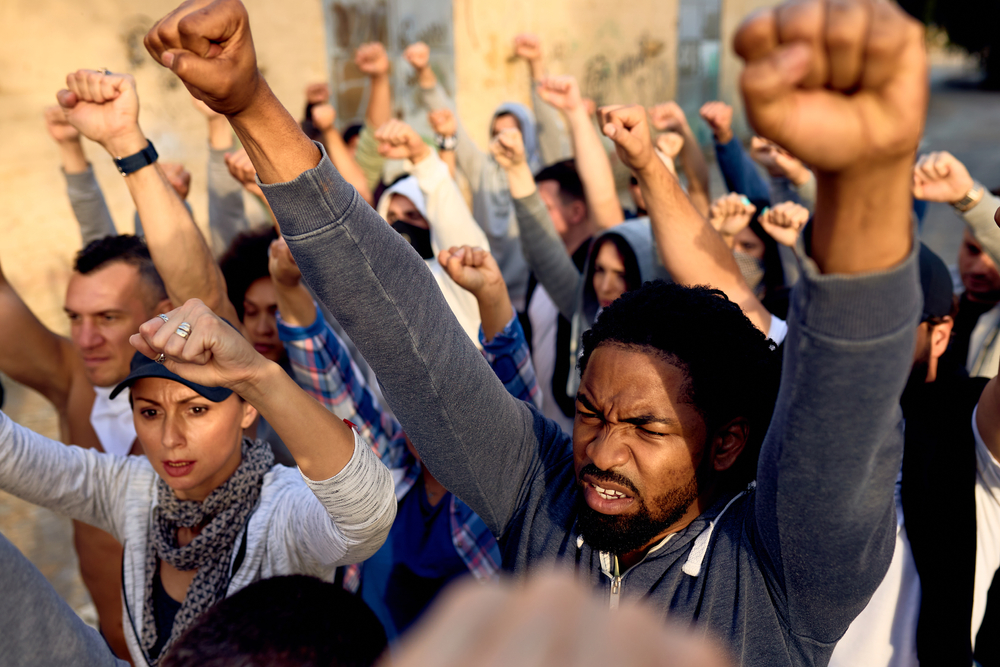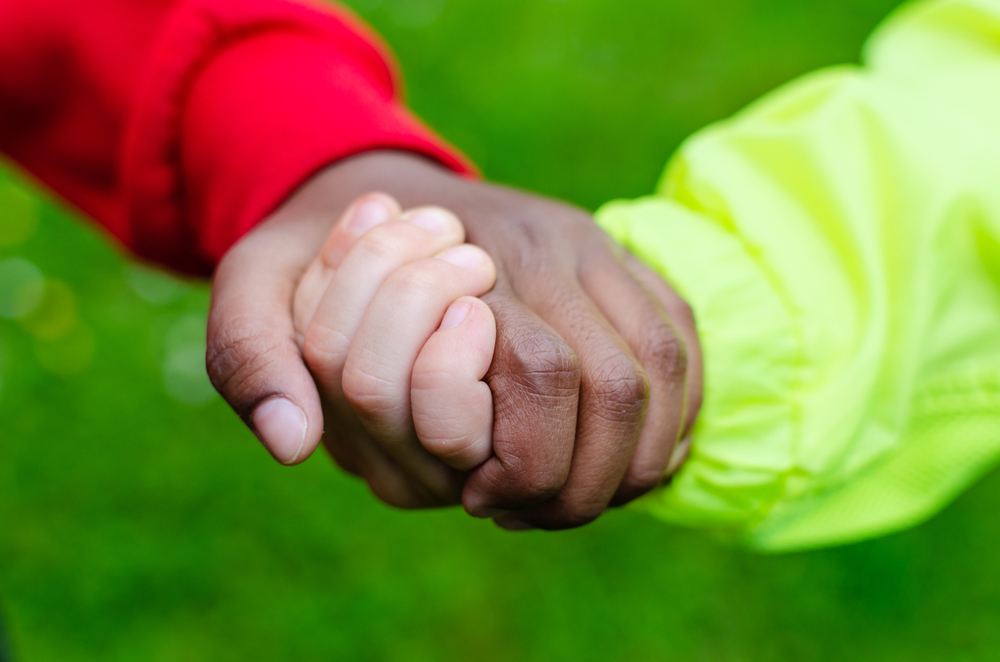In the light of systemic racism, oppression, and injustice, the disheartening events of 2020 have propelled powerful, transformative and even destructive responses by the global community. Our social media platforms and news stations have been inundated with headlines and captions synonymous with the #BLACKLIVESMATTER.
In a response to the gruesome death of George Floyd, the proliferation of advocacy, activism, and action has transpired across the globe in the forms of mass protests, boycott movements, and social media campaigns highlighting the centuries-long fight against oppression and racism. This fight has been no stranger to the Caribbean, as our islands are handcuffed to the history of slavery and oppression. However, the remnants of oppression and racism still loom today as in the Caribbean context, protests have occurred in communities and outside US Embassies in support of the #BLACKLIVESMATTER movement in Barbados, Grenada, Jamaica and Trinidad and Tobago just to name a few. Consequently, the responses of the black community have prompted a powerful yet necessary conversation on the power of black unity. It leaves us to question:
Is there sufficient unity within the Black community today?
One of the most prominent accounts of the fight against oppression is the 1804 Haitian Revolution in which self-liberated slaves unshackled themselves from the French colonial rule. Another dynamic response to oppression was the formation of Black Wall Street in the 1900’s; a 400 acre fully black-owned district in Tuskegee, Oklahoma. Black Wall Street was a key example of black unity as these community-supported black-owned businesses namely African American attorneys, real estate agents, barbers, grocery stores, doctors and even a funeral home service. However, beyond the trending hashtags of 2020 and reactionary protests, unity within the Black community is fundamentally fragmented today.
Malcolm X once said that we cannot think of uniting with others until we have first learned to unite amongst ourselves. These sentiments were also synonymous to the views held by youth leader, Ruqayyah Scott. Scott highlighted that unity generally exists amongst the black community however it is not reflected across the board. In the Caribbean context, she noted that we are unified in the areas of black entertainment and black sportspersons. However, in the fields of political engagement, entrepreneurship and social justice, the same levels of unity are not displayed. Scott thinks this is a consequence of society teaching us to praise certain things whilst ignoring other important sectors such as justice and politics. Resultantly, the level of support for a black person forming a new political party is minimal in comparison to the support for an upcoming soca artist.
“Unity is the foundation of not only our survival but for our sustained success.” Ruqayyah Scott
To Scott, the lack of unity amongst black people in the fight for black lives and to end institutionalized racism will not only take longer to accomplish but may never be achieved. “The movement is for ALL BLACK PEOPLE and the lack of unification prohibits the movement from going forward.” She likened this to the movement of feminism, as the lack of unity enables patriarchy and inequalities. Resultantly, the few women who are fighting for all women’s rights have little outcome. Therefore, in all global fights against oppression and inequalities, Scott believes that united we stand but divided we fall.
“When black people start to feel appreciated and celebrated on their own, it will make us want to be part of the community even more and it will compel us to unite.”
So how do we foster unity?
Youth leader Malik Lewis believes that unity is blocked because the realms of colonization is heavily embedded in the hearts and minds of the black community. Therefore, education on one’s ancestral background and enlightening them that another black person isn’t their competition but rather their brother/sister is of critical importance to foster unity. Lewis also holds the view that collective security is integral in modern society because of capitalism. He noted that without collective security, economic and community unification will be unstable thus leading to the “crab in barrel syndrome” with ultimate division within the community. He however noted that the goal of unity within the black community can be achieved but it will take a lot of patience.
He suggested that instead of just using the hashtag BLACKLIVESMATTER without having exemplary action, we should start promoting black-owned businesses regardless of it being small or large. We must also have persons committed to the cause. Parents need to teach their children as well as demonstrate to their brothers and sisters the true essence of unity. Lewis believes that this in turn will foster the unification of the black community.
One can, therefore, conclude that the broken link of unity within the black community is multifaceted with sociological, institutional, psychological and economic factors. However, we must remember that any action or progress in Caribbean History was deeply rooted in mass unification. Therefore, beyond the trending hashtags and online debates, the journey to achieving black unity will not occur by solely blaming external elements. We must also take accountability for contributing to the broken cycles within the African community. We must also take action by moving beyond the hashtag and actually enforcing black unity as a response to the social ills that plagues the community.





















